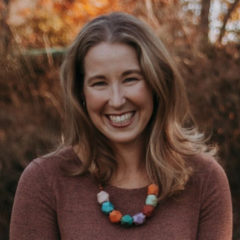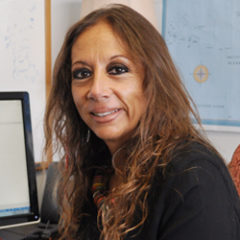COVID-19: Creative’s support to clients, partners and beneficiaries during the pandemic
Technical expertise, local networks and crisis management combine to deliver results and ensure a stable future
Today’s global pandemic is a health crisis and so much more. It has affected every country and puts at risk the tremendous advances made in education, stabilization, poverty reduction, empowering vulnerable groups and food security, among other critical areas.
Creative’s approach to COVID-19 focuses on the immediate health and wellbeing of communities, as well as ensuring that they may thrive when the pandemic subsides. At the onset of the pandemic, Creative’s field offices quickly put together well-developed, locally driven solutions—such as promoting personal health, establishing remote learning for school-aged children, training youth and strengthening both government and civil society—as they confront the virus and its impacts beyond health.
Its collaborative, cooperative work is more than a series of short-term solutions. The interventions continue the important, positive advances made prior to the pandemic and ensure communities can keep moving forward. Once the immediate response phase has concluded, Creative is prepared to support local, regional and national stakeholders as they adapt to the “new” normal and ultimately thrive.
Creative’s emphasis on building the capacity of local organizations and businesses ensure they can continue their valuable work after COVID-19 that ultimately takes them on a Journey to Self-Reliance.
Safety first
At the onset of the pandemic, Creative’s leadership mandated that the health and safety of its staff, partners and beneficiaries are paramount. Through planning and coordination, Creative has established frameworks for implementation that have found a balance between safety and delivery of essential services. It maintains a strict do-no-harm policy with all of its projects.
Partners: NGOs and small businesses
Creative has earned the trust of clients, donors, host governments and communities around the world for its project implementation. A key component of its success is a result of its partners.
Small businesses, minority-owned and women-led organizations are a priority for Creative, even if they are new to the development field. Indeed, it is in our DNA as a minority-owned company founded by four entrepreneurial women. In the four decades since it started as a small business, it has grown to more than 1,000 team members and has activities in more than 30 countries.
Creative works with companies to align their development goals with social and economic needs of communities. Creative approaches these endeavors with the recognition that companies are experts in products and markets but may not have the experience or expertise in community-driven development.
Non-governmental organizations have been a cornerstone of Creative’s innovative, community-focused implementation since it was founded. Many of Creative’s NGO partners have gained new skills and techniques that supported their growth, enabled them to lead projects on their own and provide additional services.
Creative is also fully committed to adhering to and promoting the principles of USAID’s New Partnership Initiative (NPI) to increase programmatic impact, based on more collaborative and adaptive partnering and country progress outcomes. Creative will prioritize efforts to partner with new or underutilized organizations, firmly believing that a larger and more diverse partner base, built through competition, will address development challenges better by incorporating new ideas and perspectives and expanding available capabilities and networks.
Companies and NGOs interested in partnering with Creative should register here.
Geographic: Local networks, global experts
Africa: From education and economic growth to transitioning communities from conflict to peace, Creative has more than three decades of experience in Africa successfully engaging communities in developing and implementing projects that create positive change and is currently present across the continent.
Central Asia: In Afghanistan and Pakistan, development progress has been threatened by decades of conflict and insecurity. Since the early 1990s, Creative has been a committed partner to the residents of both countries, helping to stabilize vulnerable communities, expand employment and build quality education delivery systems, even in the most crisis-affected areas.
Latin America and the Caribbean: Creative’s programming in the hemisphere is built on evidence, proven tools and a deep understanding of local contexts. Projects are designed to be inclusive of marginalized groups, operate with local organizations and engage the private sector to ensure that the positive change put in motion lasts long after Creative’s interventions.
Middle East and North Africa: For almost three decades, Creative has been a reliable partner to the region’s diverse countries and communities across the spectrum of development, jumpstarting stabilization initiatives in the midst and aftermath of conflict and bolstering education systems, women’s leadership and inclusive growth and governance.
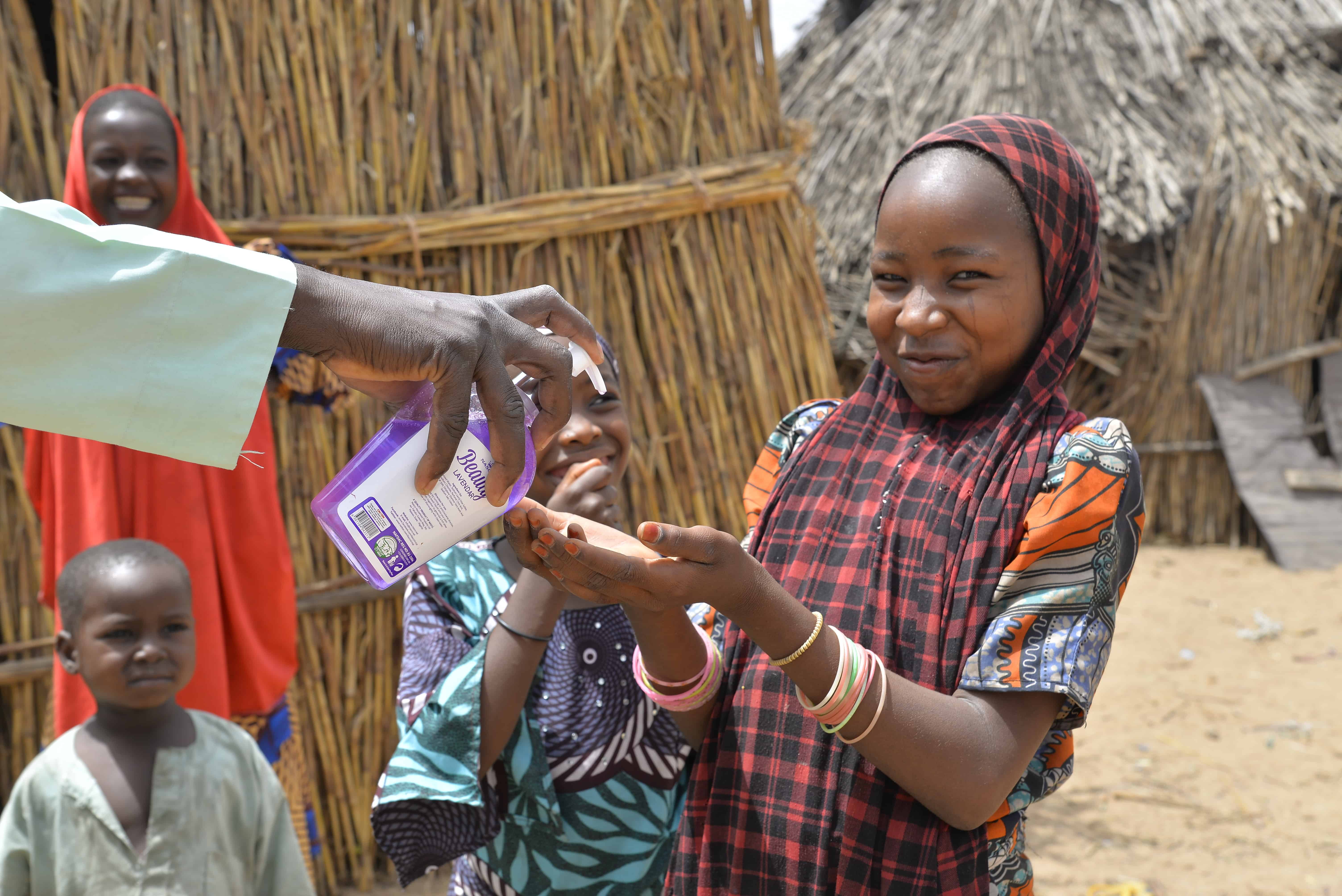
Creative is currently working in a variety of key areas related to COVID-19, including:
Awareness and outreach
Constant and trustworthy communications campaigns are critical during all phases of a pandemic—but more so during the initial response. Myths, disinformation and non-communications are more frequent than reliable information.
Creative’s programs across the globe quickly pivoted to provide host governments, NGOs and people with trusted information about the risks of the pandemic and how to take care of themselves. Drawing on its experience with behavioral change communications and its in-country networks, Creative reached millions of school children, adults and marginalized communities.
In Nigeria, an education program and a stabilization program launched aggressive campaigns reaching hundreds of thousands of people in the North and Northeast of the country. The USAID/OTI-supported Nigeria Lake Chad Basin program used a sophisticated combination of tactics—including a three-state door-to-door campaign in which volunteers demonstrated hand washing, distributed soap and dispelled myths—that has played a vital role in the region’s awareness efforts.
Projects in Latin America and the Caribbean took early steps to provide accurate, timely information to communities. In Nicaragua, TVET-SAY produced and distributed a COVID-19 prevention video through the project’s youth networks. In Guatemala, a Creative-implemented project has organized a COVID-19 communications campaign that includes information in local languages and from a Maya perspective. Youth are a social asset during this time of crisis when engaged in positive ways to use social media and digital technologies to communicate with their families and communities about the pandemic and overcome obstacles.
Economic growth
Businesses, farmers, and consumers alike have felt the shock of the pandemic. The shutdown to prevent community spread has had devastating effects on every economic activity, affecting incomes of households, workers, employers and businesses, small and large.
Creative’s response has focused on helping businesses pivot to digital technologies to continue operations, supporting agriculture for the next planting season in May and June to prevent food insecurity, and partnering with U.S. and African companies to co-invest in pandemic responses.
Creative is working with businesses to pivot and use digital business innovations to overcome the shutdown affecting every region. With Creative’s assistance, companies are using e-commerce and social media to communicate with customers and help producers in all regions to stay engaged in production and marketing.
Creative surveyed 330 businesses registered in the USAID West Africa Trade & Investment Hub online grants system and found that 68 percent of respondents plan to go forward with their investments with the Trade Hub. These investments will focus on agribusiness include aquaculture; out-grower schemes with small farmers; research and development; logistics and distribution; and biotechnology. Through innovative digital platforms and banks and impact investing, the Trade Hub is making capital available for micro, small and medium-sized businesses.
Creative also designed with USAID and Prosper Africa a Request for Applications for COVID Response that invites U.S. and African companies to propose co-investments of $200,000 to $500,000 to address disruptions in sourcing and supply chains from small farmers, local processors and aggregators of food grains and export crops and to respond to the pandemic with local manufacturing and U.S. technologies and services. (Please see more on food security and agriculture below.)
In Nicaragua, Creative is working with technical and vocational training centers to engage youth in distance learning to continue their training for employment opportunities.
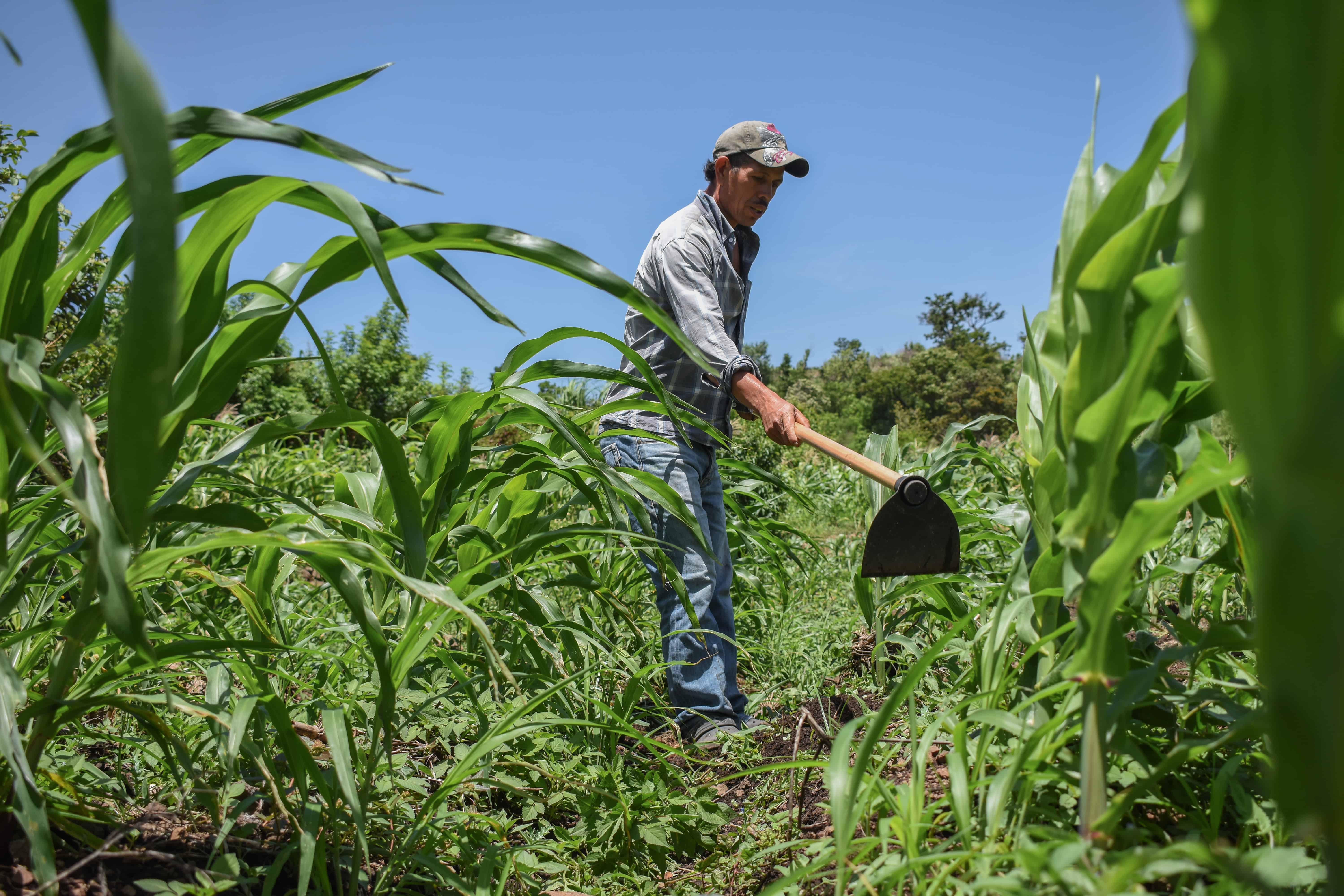
Food security and agriculture
The World Food Program estimates that the pandemic could “almost double the number of people suffering acute hunger, pushing it to more than a quarter of a billion by the end of 2020.”
Many factors are pushing the previously challenging situation to a crisis point, including transportation restrictions, closed borders and a lack of income to purchase basic commodities. Late April through June are the times when Africa, most of Latin America and the Caribbean and Asia start their growing seasons, which will likely be disrupted because of the pandemic.
For example, in Nigeria and Honduras, where government has declared a national emergency and raised serious concerns about food shortages, Creative is working with agribusinesses to ensure small farmers get inputs of seeds and fertilizers, as well as technical assistance through radio and SMS messaging in remote areas to plant in the next season.
The West Africa Trade and Investment Hub is seeking to fund initiatives related to food security. Specifically, the call for applications has three goals: To overcome disruptions in export-oriented supply-chains; to support domestic food security initiatives and prevention of job losses; to scale up production and service capabilities of companies engaged in COVID-19 response on a case by case basis.
The Honduran Dry Corridor, one of the most climate-fragile regions in the world, could become particularly vulnerable to the coronavirus, experts say. The Dry Corridor Alliance project, which is funded by INVEST-Honduras and implemented by Creative, aims to enhance smallholder farmers’ productive capacity, address child malnutrition and build resilience for 6,000 households in 12 municipalities.
In Nicaragua, where the government has not engaged the public on pandemic response, Creative is working with private sector vocational training centers and associations to develop video communications about how workers and employers should use social distancing, hand washing, and personal protective equipment to stop the spread.
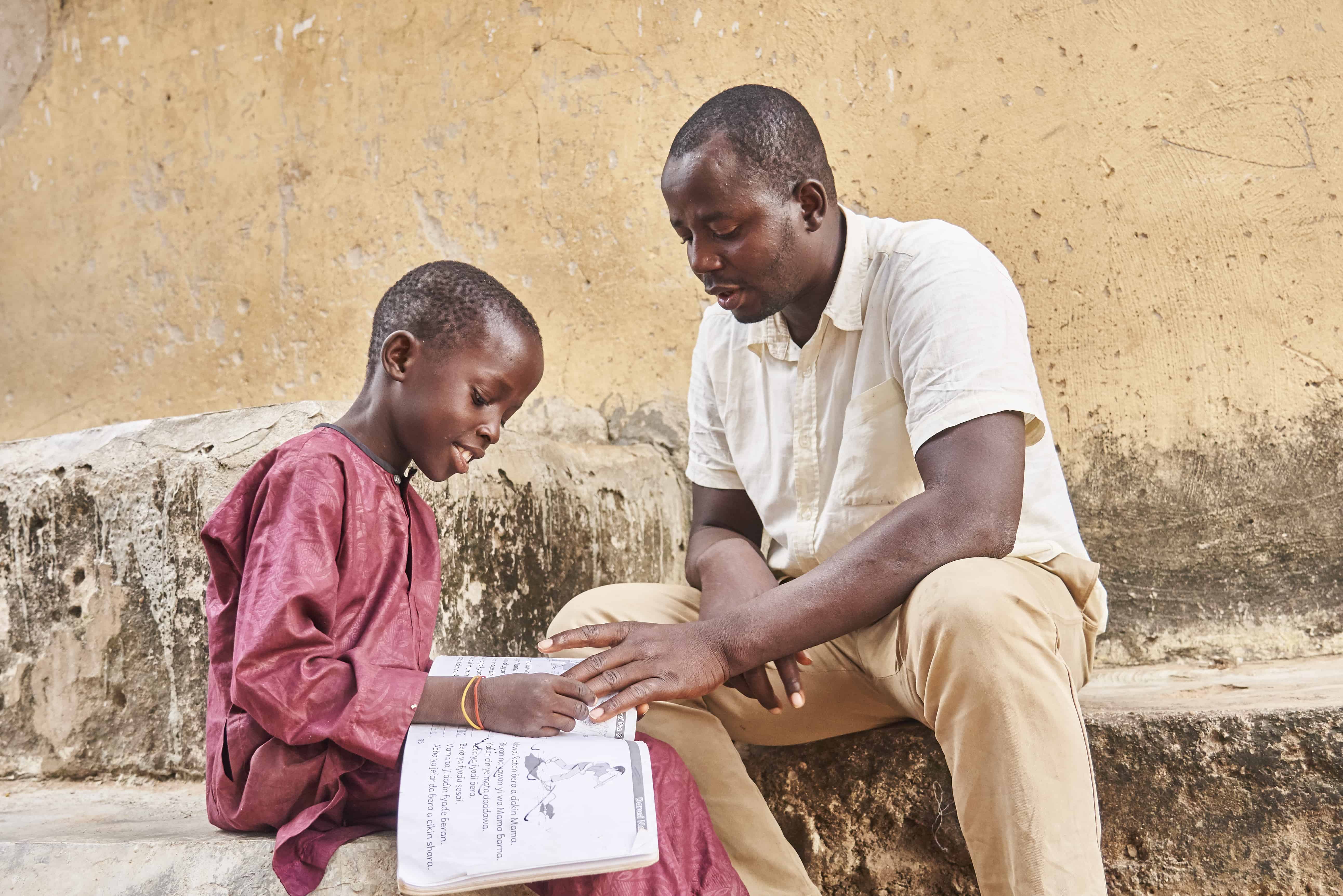
Education
Educators, students, families and development professionals are feeling the effects of COVID-19 in ways unimagined at the beginning of the calendar year. In response, Creative quickly mobilized a “keep safe, keep healthy, keep learning” framework for education.
Drawing on its experience supporting education in crisis settings, Creative’s pivot strategy is based on four stages of the emergency—mitigation, response, recovery and prevention—and closely parallels USAID’s education priorities.
For example, in its first stage response, Creative is focusing on beneficiaries with most immediate need of support—students and parents—as families shelter at home and schools are closed. In close cooperation with USAID, Ministry officials, educators and other stakeholders, Creative repurposed existing project resources and networks, such as parent-teacher phone contact lists and supplementary learning materials, to deliver both messages and virtual materials to households that promote safety, health and continued learning. To make sure Creative is meeting needs of learners, programs conduct rapid phone surveys with households and school staff to better understand the field environment.
Throughout each of the four stages, Creative is keenly aware of the toll the pandemic is taking on staff, implementing partners, students and others. Creative is addressing personal and professional needs by providing a curated set of resources to help them manage their own and their families’ wellbeing, as well as inform their COVID-19 response work, with initial emphasis on providing self-care tips and family activities for learning enrichment and engagement.
Today, Creative’s programs are switching to virtual platforms in locations like Afghanistan, pivoting to classes by radio and television in Nigeria and launching behavioral change campaigns in Ethiopia. Field staff and partners are expanding their networks to ensure the largest number of people are reached during this out-of-school phenomenon.
To learn more, see COVID-19 education success stories here and an education resource page here.
Elections
During a pandemic, elections are at risk as they are frequently based on group activities—from campaign rallies to casting ballots. In a time when experts are urging people to maintain physical distance to reduce the spread of COVID-19, it is a challenge to run key elements of an election and keep people healthy during a pandemic.
Creative works closely with election management bodies—the backbone of the electoral process—and other electoral stakeholders to become more effective and responsive to voters’ needs. Creative employs innovative methodologies to help these bodies—whether for national, local or nongovernmental elections—to effectively use technologies, incorporate gender sensitive approaches and include marginalized groups in the process.
Creative has the capacity to assess and address electoral vulnerabilities to COVID-19, provide emerging practices on what has worked in other countries for election management bodies and other electoral and healthcare stakeholders and address electoral “info-demics.”
For example, the USAID-funded Somalia BUILD is facilitating discussion about COVID-19’s impact on elections and political processes as part of ongoing dialogues with stakeholders. Meanwhile, it is improving the capacity of the Election Commission, Civil Society, and Political Parties and training for the National Independent Election Commission (NIEC) on emerging practices for dealing with COVID-19 and elections.
In West Africa, meanwhile, the USAID REWARD project will focus on the secondary impacts and implications of the COVID-19 pandemic, including electoral security by conducting an electoral security assessment with COVID-19 lens in one Economic Community of West African States (ECOWAS) Member State. The project will also support ECOWAS’ early warning and response actors to conduct a Joint Analysis and Response Planning (JARP) process —developed during the initial performance period of the project —to develop preventative measures for electoral conflict that may be linked to COVID-19.
In Togo, under USAID REWARD, small grants will be provided to civil society organizations to support cohesion and the use of peaceful channels to address disputes arising from COVID-19 related restrictions. Grantees will conduct peacebuilding activities as well as awareness campaigns to disseminate information regarding the COVID-19 pandemic.
In the MENA region, the State Department-funded Libyan Electoral Security Planning and Implementation project is producing a video and podcast that explores COVID-19 and the role that electoral management bodies can play to protect voters and how to safely manage an electoral process during COVID-19 pandemic.
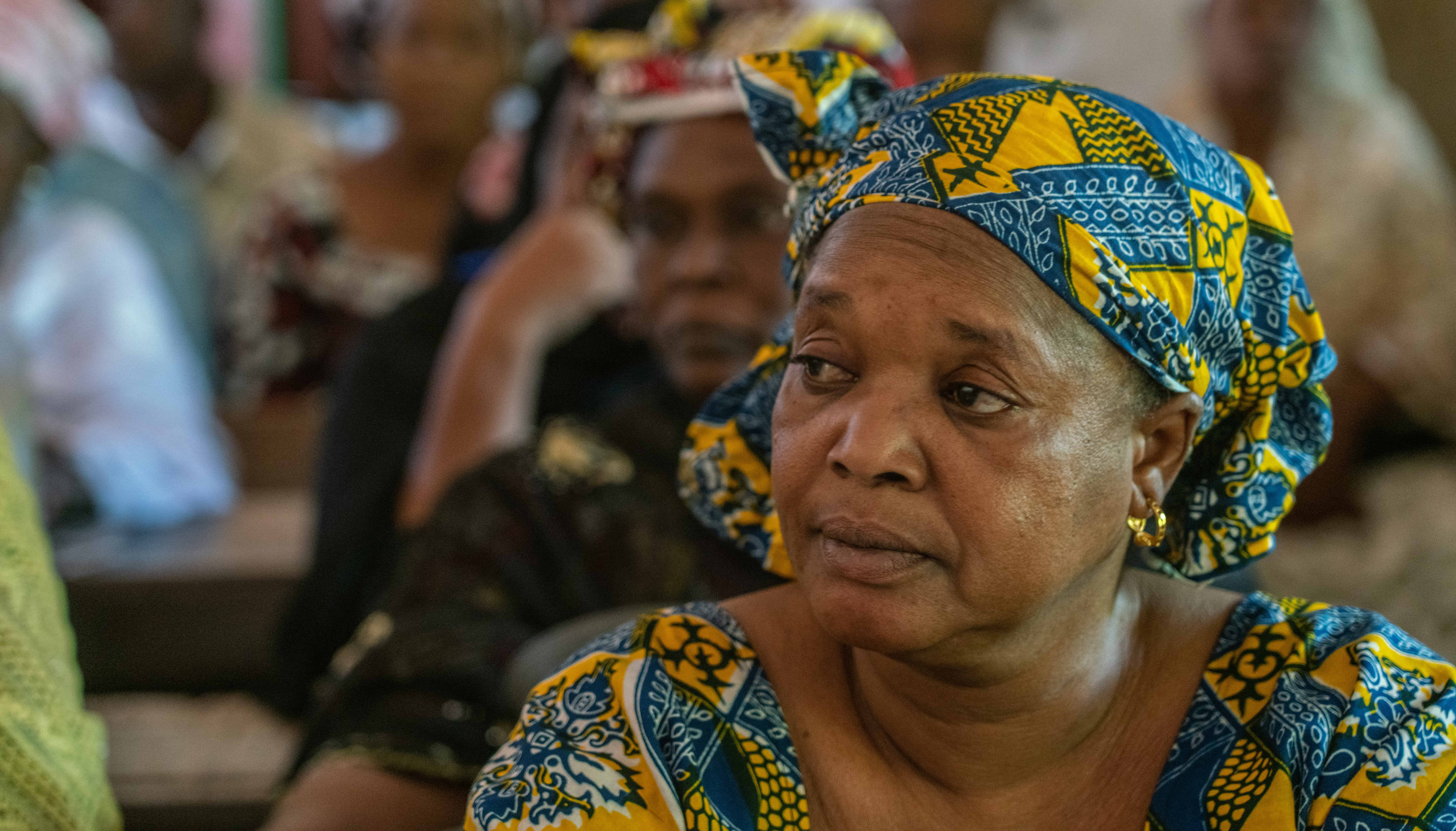
Governance
The resilience of governance systems has never been more important than it is today. Governance systems will be tested as leaders make difficult choices regarding the allocation of resources that will affect the very fabric of communities’ cultural, social and economic orders for months and years to come.
In the short term, the choices made by governing actors will affect food security, livelihoods and personal security, especially for women and vulnerable populations and could intensify violence driven by existing conflict dynamics in communities. Depending on the country, COVID-19 may roll back progress made against peace agreements, accelerate or diminish legitimacy of leaders, disrupt the delivery of services and exacerbate tensions.
Creative’s approach to governance includes—but goes beyond—the delivery of services. It looks closely at the relationship among stakeholders and the role authorities play in ensuring participation, transparency and fairness.
Applying its innovative tool called FRAMe®, Creative can assess the impact of the COVID-19 crisis on the resiliency of governance systems. It analyzes the impacts of responses and interventions through citizens’ perceptions. Understanding them through FRAMe® will offer lessons learned and map out a way forward and building resilience in what will be a “new normal.”
Creative’s projects have been called on to use their governance approach to support interventions and to ensure that governance systems can adapt to local challenges. In Mali, for example, COVID-19 is testing the resilience of communities. Already challenged by years of conflict and violence, communes are now facing another significant shock. The USAID-funded Mali Peacebuilding, Stabilization and Reconciliation project has pivoted to support COVID-19 efforts that include grants to women and youth, social messaging and enterprise development in expanded geographic target areas.
The five-year project is ideally situated for this pivot as its original goals were to build trust and communication between communities and government, assists communities in detecting and responding to warning signs of conflict and bring citizens and local leaders together to foster peace.











